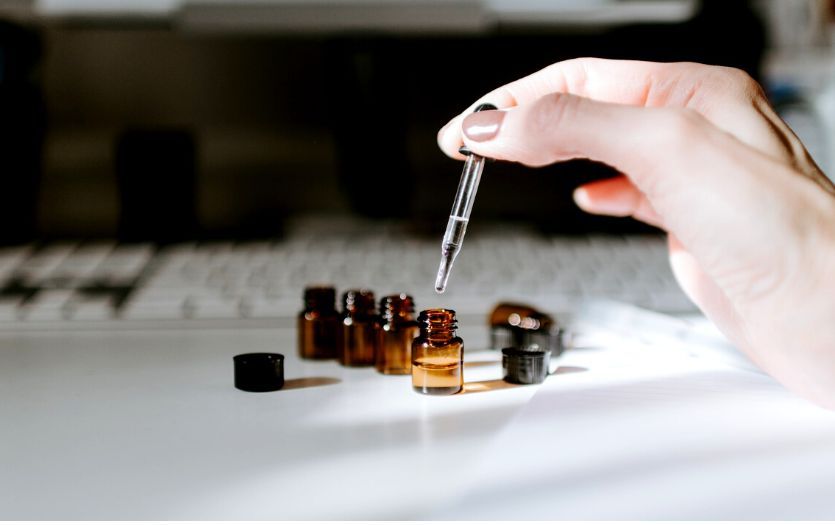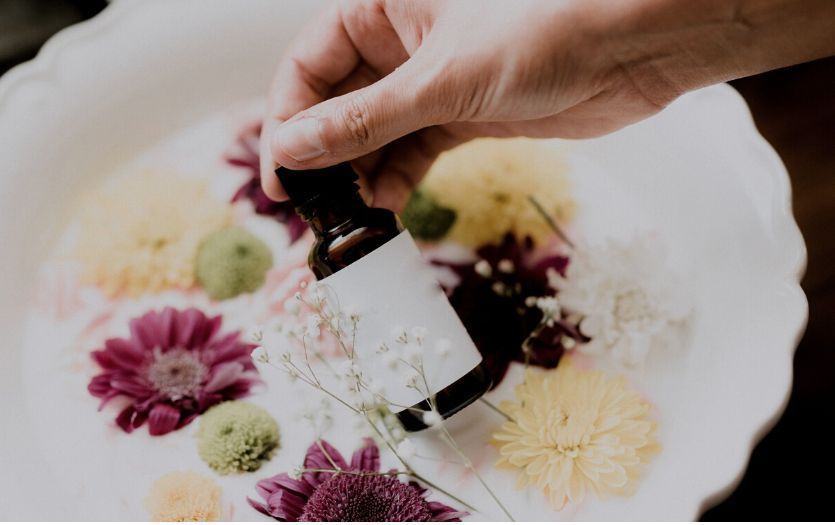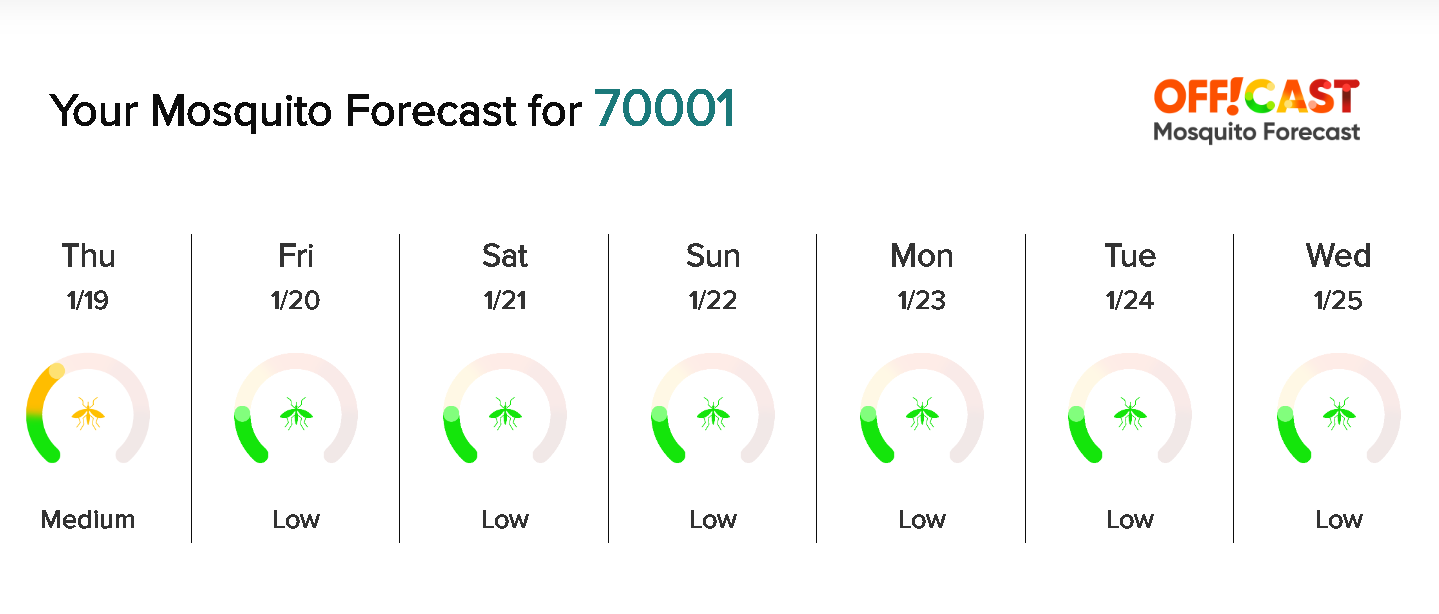Natural Hacks to Banish Bugs While You're Camping - You Don't Want to Miss This!
Check out our article and discover the best natural ways to keep bugs away while camping. Learn about essential oils, plants and herbs, clothing and accessories, and camping techniques that can help you enjoy the great outdoors without the annoyance of bugs.
Camping is a great way to enjoy the beauty of nature, but it can also come with its own set of challenges, one of them being bugs. Mosquitoes, flies, and other bugs can make camping uncomfortable and even ruin the experience. However, there are natural ways to keep bugs away while camping, if you want to avoid chemical-laden bug sprays.
In this article, we will explore different natural methods for keeping bugs at bay. Whether you're a seasoned camper or a newbie, this guide will provide you with all the information you need to enjoy your camping experience to the fullest, without having to deal with pesky bugs.
Essential oils and natural sprays

One of the most popular natural methods for keeping bugs away while camping is the use of essential oils and natural sprays. Essential oils are plant-based oils that have been used for centuries to repel bugs and other pests.
Types of essential oils that repel bugs
Some of the most effective essential oils for repelling bugs include:
Citronella oil
Citronella oil is one of the most popular natural bug repellents and has been used for centuries to repel mosquitoes, ants, flies, fleas, ticks, and other annoying bugs. This natural bug repellent is derived from several different types of grasses and plants in the Cymbopogon family. Citronella oil has a strong, citrusy scent that is effective at repelling bugs.
Lemongrass
Lemongrass oil is derived from the lemongrass plant, belonging to the same Cymbopogon family. This natural bug repellent has a strong scent that is effective at keeping bugs away. Lemongrass oil also has antibacterial and antifungal properties that make it a great natural remedy for skin irritations caused by bug bites.
Tea tree oil
Tea tree oil is derived from the tea plant. Apart from being known for its excellent anti-fungal and antibacterial properties and a lot of benefits for the skin, this natural oil can also help to keep bugs away. It has a strong, woody scent.
Lavender oil
Another natural bug repellent is lavender oil. Lavender oil has a strong, pleasant smell that most bugs, especially mosquitoes find unpleasant and will avoid. This natural bug repellent can be used as it is or mixed with other natural oils, such as citronella oil, for extra protection against bugs.
Eucalyptus oil
Eucalyptus oil is also a natural bug-repellent and can be used in much the same way as citronella and lavender oils. Eucalyptus oil has a strong, pleasant smell that is effective at keeping away bugs, such as mosquitoes and flies.
Peppermint Oil
Peppermint oil is another natural bug repellent that has a strong, minty scent that most bugs find unpleasant and will avoid.
Neem Oil
Neem oil is derived from the neem tree and is a natural bug repellent as it has insecticidal properties. This natural oil can be used to repel mosquitoes, ticks, fleas, and other annoying bugs.
How to make your own natural bug spray

To make your own natural bug spray, you can mix a few drops of essential oils with water and witch hazel in a spray bottle. Shake well and spray on exposed skin and clothing. You can also use ready-made natural bug sprays that contain a combination of essential oils.
It's important to note that the effectiveness of essential oils and natural sprays can vary depending on the specific oil used and the conditions of the environment. For example, citronella oil is effective against mosquitoes but not against other types of bugs.
Pros and cons of using essential oils and natural sprays
The advantages of using essential oils and natural sprays are that they are relatively safe, have a pleasant smell, and are easy to use. However, it's worth mentioning that, essential oils can be irritants for some people and it's important to test the spray on a small area of skin before using it all over your body. Also, essential oils can lose their effectiveness quickly, so you may need to reapply them frequently.
Plants and Herbs

Certain plants and herbs have natural bug-repelling properties that can help keep bugs at bay. Some of the most effective plants and herbs for repelling bugs include lavender, marigold, rosemary, and basil. (Check out GardenCenterOhio to know more about bug-repelling plants and herbs)
How to use plants and herbs to keep bugs away
We get it, you cannot grow them around your camping area unless you are living completely off-grid for a long term. However, if you are living an RV lifestyle, then it is definitely a good idea to have small pots with these plants. This can help create a natural barrier that can repel bugs and other pests.
But a significantly better way is to make a bug-repellent tea by steeping the leaves of the plants mentioned above and applying the tea to your skin or clothing. They not only have a great scent and are skin-friendly but will also help to keep bugs away.
Pros and cons of using plants and herbs
The advantages of using plants and herbs are that they are readily available, have a pleasant smell, and can be used in multiple ways. However, it's worth noting that, the effectiveness of plants and herbs can vary depending on the specific plant used and the conditions of the environment. Moreover, they act as very mild repellents, and might not be effective in complete wilderness.
Also, check out this CDC expert interview on dealing with mosquitoes:
Clothing and Accessories
To bug away when camping, wearing the right clothing and accessories is essential. Certain types of clothing and accessories are designed to repel bugs and other pests, making them an effective option for keeping bugs at bay while camping.
Types of clothing and accessories that can help keep bugs away
One popular option is clothing treated with permethrin, an insecticide that repels mosquitoes, ticks, and other bugs. Well, they might not be naturally sourced, but they are superbly effective and you don't have to apply the chemicals on your skin directly.
These clothes are available in different styles and are suitable for different types of outdoor activities. Permethrin-treated clothing is effective against a wide range of bugs and can last for several weeks or even months.
Choose the right clothing and accessories for bug protection
Also, wear light-colored and loose-fitting clothing, as bugs are attracted to dark colors and tight-fitting clothes make it easy for them to bite. Wearing long-sleeved shirts and pants can also help keep bugs away from exposed skin. Wearing long-sleeved shirts, pants, hats, and boots can help protect your skin from bug bites.
Accessories such as bug netting and bug hats can also help keep bugs away while camping. Bug netting can be used to create a barrier between you and the bugs, while bug hats have built-in netting to keep bugs away from your face and head.
Pros and cons of using clothing and accessories
The advantages of using clothing and accessories to keep bugs away are that they are easy to use and can be effective for a long period of time. However, it's important to note that permethrin-treated clothing can lose its effectiveness over time with washing and may need to have retreated.
Also, it's important to read the instructions and care labels when using permethrin-treated clothing to ensure safety.
Other Camping Techniques to Keep Bugs at Bay
In addition to natural remedies and clothing and accessories, there are a few other camping techniques you can use to help keep bugs away while camping.
Choosing the right camping spot
This seemingly inconspicuous thing can make a big difference in the number of bugs you'll encounter. For example, camping in an area with a lot of vegetation or near a body of water can attract more bugs. Instead, choose a spot that is elevated, well-ventilated, and far from standing water or dense vegetation.
Before heading out, you can also visit off cast site and check their mosquito forecast (yes that's a thing now) before heading out.

Using a bug net
A bug net can be used to create a barrier between you and the bugs, whether it's over a camping cot, hammock, or tent. It's important to ensure that the bug net is properly secured and that there are no holes or openings that bugs can get through.
Keep your Camp Kitchen Area Clean
While cooking and eating, it's important to keep food sealed and covered, and to keep a clean camp. Bugs are attracted to food scraps and dirty dishes, so by keeping your camp clean and tidy, you can reduce the number of bugs that will be attracted to your campsite.
Final Thoughts
Camping is a great way to enjoy the beauty of nature, but it can also come with its own set of challenges, one of them being bugs. Mosquitoes, flies, and other bugs can make camping uncomfortable and even ruin the experience unless you use a bug repellent.
Using natural remedies, clothing, accessories, and other camping techniques can help keep bugs away when camping. While natural solutions tend to be more environmentally friendly, they may not be as effective or last as long as other options. Ultimately, the best way to bug away when camping is to find a combination of different techniques and find what works best for you.
But if you don't want any hassles of making your own repellent and just want the best possible protection against bugs for your camping trips, be sure to check out our article on the best bug repellents. It will help you make an informed decision when choosing a bug repellent for your next camping trip. And if you are planning a hammocking trip, make sure to pick a camping hammock with bug nets from one of our top choices.

